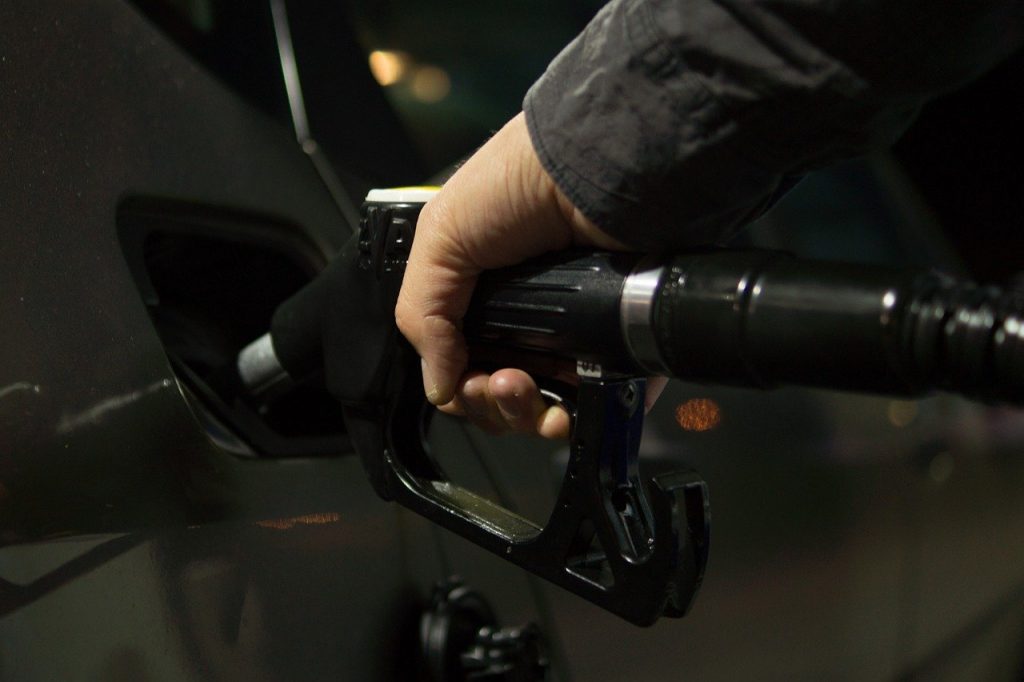The government advise people to to carry on buying petrol as normal, despite closures at some stations due to supply issues causing a shortage.

A small number of BP and Esso-owned Tesco Alliance stations had to close on Thursday due to a lack of delivery drivers.
However, Transport Secretary Grant Shapps says refineries have “plenty of petrol” and the problem is down do the driver shortage. The UK currently has an estimated shortfall of around 100,000 HGV drivers as a result of Brexit and the pandemic.
If it will help, the government could bring the army in to drive fuel tankers. Newspaper reports suggest they are considering emergency plans involving soldiers. And when asked about it, Mr Shapps confirmed it as a possibility. Although he warns of potential “technicalities” regarding if military personnel can shift to driving civilian vehicles.
The Road Haulage Association (RHA) urge the government for a short term easing of visa restrictions for foreign workers to help with the shortage of drivers.
But the transport secretary does not want UK lorry drivers to “drop out” because they are “undercut” by cheaper EU labour. He claims the haulage industry has “systemic problems” that need resolving. For example, the profession is “99% white male” around 55 years old, with poor conditions and wages.
Mr Shapps says, we are starting to see “a gradual increase” in new drivers now, as pay is increasing.
Supply chain issues
The UK does not lack petrol and diesel as a whole, but the difficulty in some areas is getting it to the forecourts.
This is the latest in a series of problems caused by driver shortages. The issue has already affected supplies in other industries, such as supermarkets.
The RHA is not so optimistic though. They say, every week they see more drivers leave the profession than join it.
The simple reality is, “everything we get in Britain comes on the back of a truck”. So it is inevitable that we won’t get everything we want when we want it, if there is a shortage of HGV drivers, like there is right now.
People do not need to panic buy, as it is not the case that we are running out. However, there are glitches because of the pressures on the supply chain that we all depend on.
Supermarkets Iceland, Ocado and Morrisons call on the government to add HGV drivers to their list of occupations with a shortage. This would enable workers from overseas to apply for skilled based visas, and fill the gaps. As far as Iceland managing director Richard Walker is concerned, the solution is “simple” – HGV drivers need adding to the skilled worker list.
Driver shortages
The historic shortage of drivers in the industry is partly due to the 20,000 European drivers lost because of Brexit. While the coronavirus pandemic forced the cancellation of 40,000 driver training tests.
A recent survey of 616 hauliers cited Brexit and colleagues retiring as the top reasons behind the driver shortages. They also blamed changes to tax rules making it more expensive for hauliers from other parts of Europe to work in the UK.
For months, businesses in the food, construction and fuel sectors have warned about the shortage of drivers. In the summer, it caused temporary supply issues for Nandos, McDonalds and pub chain Wetherspoons, as well as several BP petrol stations. Bin collections have also faced cancellation by some councils.
BP, which has 1,200 petrol stations across the UK, is working hard to address the latest issues. The firm is making getting fuel to the busiest stations, like motorways, a priority.
Meanwhile, Esso apologise to customers for any inconvenience caused by the “small number” of its 200 Tesco Alliance retail sites that were affected.
Wider problems
Mr Shapps does not believe visa changes will solve the problem, but says nothing is ruled out yet. However, shadow justice secretary David Lammy says various sectors do need visas. He says Mr Shapps “promised that immigration would come down”, but it actually needs “to go up if we are to deal with these problems”.
Elsewhere, Conservative MP Andrew Bridgen says the industry has “an endemic problem with retention and recruitment”. He doesn’t see it so much a shortage of drivers, but rather a shortage of people choosing to work in the profession. According to him, we have 600,000 people qualified to drive the lorries, but only 300,000 people working in the industry.
Mr Bridgen suggests the industry needs to change in order to help retain young drivers. It needs to modernisation and improvements to working conditions.
In response to the shortage, the the Department for Transport has made it quicker for HGV drivers to get their licences. However, the RHA criticise this for risking road safety.
Thank you for reading Petrol shortage: No need to panic buy, says Transport Secretary

Looking for additional living space or somewhere quiet to work from home? Look no further – Log cabins at affordable prices.